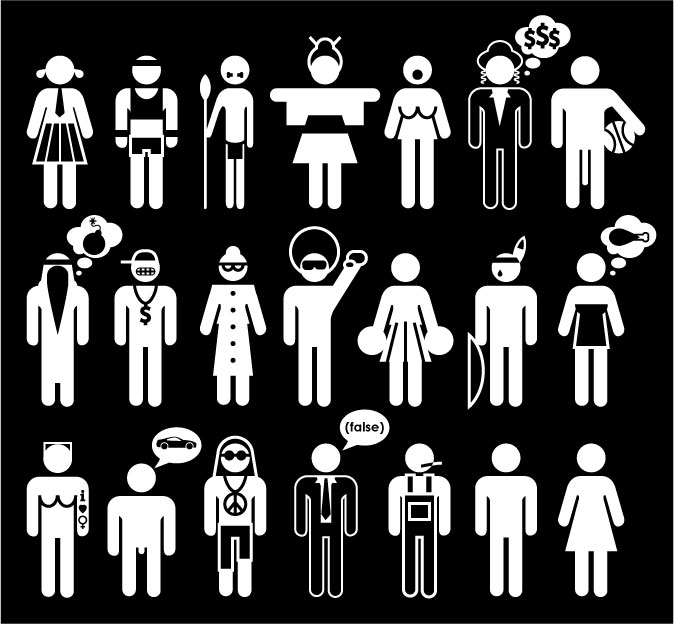There seems to have been quite a bit of talk and writing about how we should be reinforcing positive body images to young kids, girls in particular. So much talk and focus on how unhealthy it is for girls under 21, who are still changing physically, to be looking for plastic surgery … and also so much focus on the unhealthy sizes of fashion models. There has even been quite a bit of recent focus on the impact of Photoshopping advertisements by companies like Ann Taylor and others.
That is all good, so what is the problem?
Apparently the workplace has missed the memo, as a PsycNet new study from PsycNet of more than 25,000 women in Germany and the U.S. shows that
From the study:
The study is the first look at the effects of being very thin on men vs. women. Separate studies of 11,253 Germans and 12,686 U.S. residents led by Timothy A. Judge of the University of Florida found very thin women, weighing 25 pounds less than the group norm, earned an average $15,572 a year more than women of normal weight. Women continued to experience a pay penalty as their weight increased above average levels, although a smaller one — presumably because they had already violated social norms for the ideal female appearance. A woman who gained 25 pounds above the average weight earned an average $13,847 less than an average-weight female.
Wow …that is nearly a $30,000 swing in pay based on isolating the weight factor! That is huge!
So how does this impact men? Apparently companies are kicking dirt in the face of skinny men, as well as the long-known bias against obese males.
Men were also penalized for violating stereotypes about ideal male appearance, but in a different way. Thin guys earned $8,437 less than average-weight men. But they were consistently rewarded for getting heavier, a trend that tapered off only when their weight hit the obese level. In one study, the highest pay point, on average, was reached for guys who weighed a strapping 207 pounds.
So if you are not either a stick-thin woman or a average to slightly overweight male, expect to earn less than what you deserve based solely on not adhering to media-enforced gender stereotypes.
The Journal article also points to a study noted in the New York Times:
Meanwhile, in separate research, economists at George Washington University tabulated the cost of obesity and found that it’s more expensive for a woman to be obese than for a man, according to the New York Times. (Their calculations included direct costs, like medical expenses, and indirect expenses, like lost wages and reduced work productivity.) While a man racks up $2,646 annually in extra expenses if he is obese, a woman’s obesity costs her $4,879, almost twice as much, the Times reported.
As noted by the Times, much of the difference is due to the pay disparity for obese women compared to obese men. So not only are these women in greater health risk due to their weight, they are less economically able to handle it because of bias and discrimination.
What do you think? Have you seen these things played out in your work place?
Source: PsycNet via WSJ.com


That’s disgusting, frankly. While it makes me feel a little bit better about being shaped more like a pear than like Brad Pitt, it’s still disgusting.
RT @geardiarysite: New Study: Body Image Stereotypes Cost Women Money at Work … But Benefit Men http://bit.ly/dgeK9H